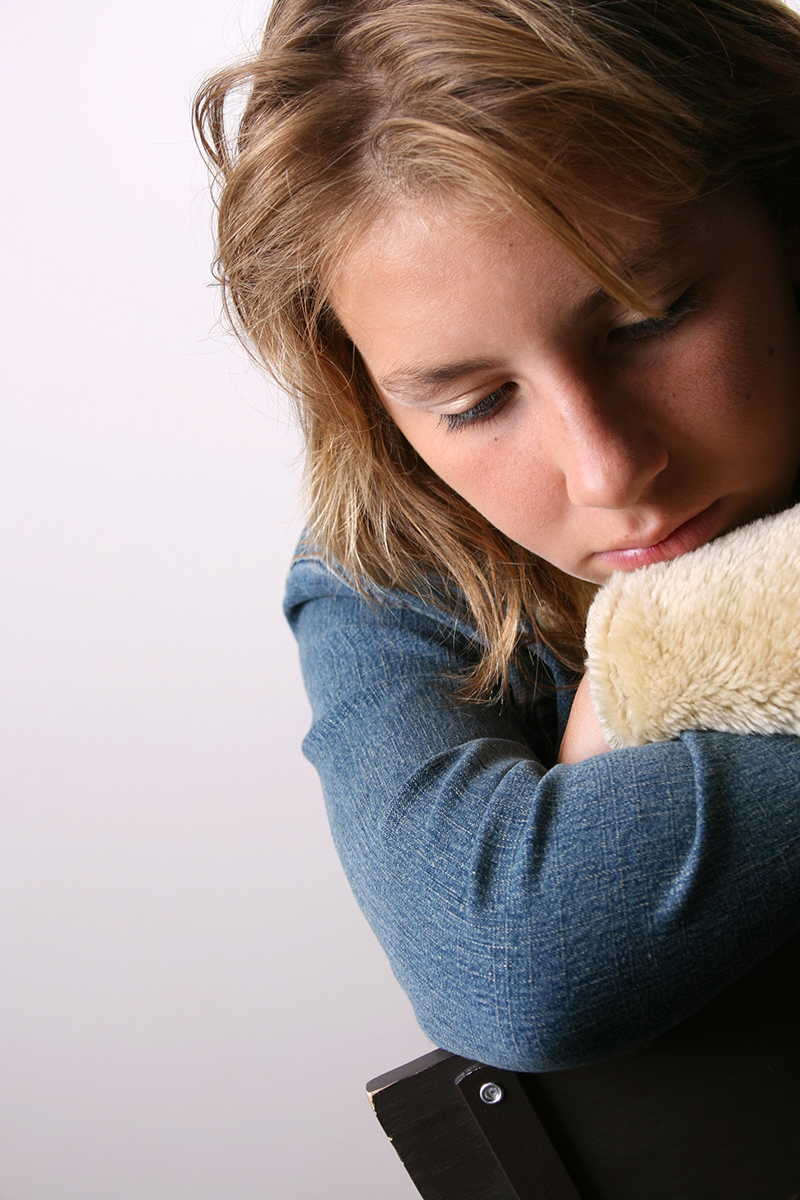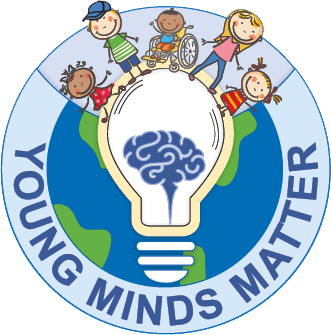An eating problem/concern is any relationship with food that you find difficult.
Food plays an important part in our lives and most of us will spend time thinking about what we eat. Sometimes we may try to eat more healthily, have cravings, eat more than usual or lose our appetite. Changing your eating habits every now and again is normal.
It is incredibly common for young people to experience problems with eating. Problems with eating can be very complex and there is no one single cause. Sometimes eating problems are a symptom of another issue, such as anxiety or a way of coping with difficult felings or feelings of control. But if food and eating feels like it's taking over your life then it may become a problem.
The term eating disorder can cover a spectrum of behaviours and can be different for everyone. There are however 3 main types of eating disorder which you may of heard of: anorexia, bulimia and binge eating disorder. To find more information about types of eating disorders or if you are concerned you may be experiencing similar difficulties Beat (UK Leading Eating Disorder Charity) has some really useful help and information.
Many eating difficulties can make you feel quite lonely and as though nobody understands. You might also feel guilty and ashamed, and try and hide or be secretive about some of the things that you are doing such as restricting eating, using laxatives, excessive exercise. People with eating disorders may have a preoccupation with their weight and shape, and spend a lot of time focusing on this. This can be exhausting and very distressing. Learn more about the signs of eating disorder.
It is important to remember that eating disorders can have an impact on both physical and mental health, and can be fatal.
If you think you need to speak to someone about worries with eating or food the first step is to talk to someone that you know and trust as soon as you can.



